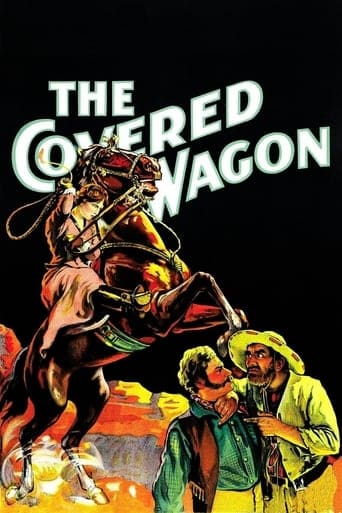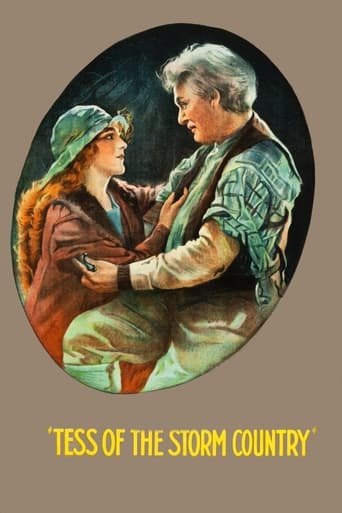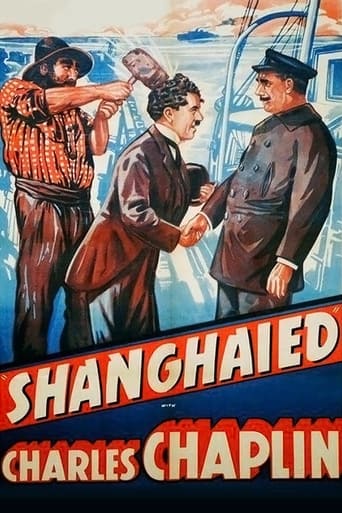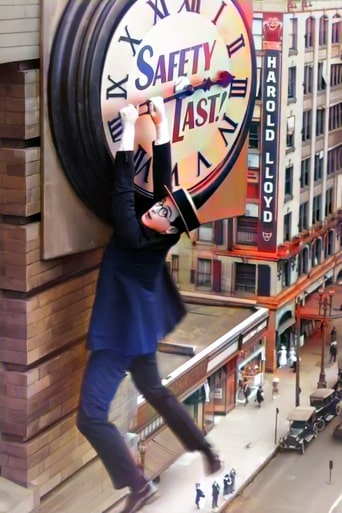The Covered Wagon (1923)

 “The Covered Wagon” (1923), directed by James Cruze, stands as a landmark in early American cinema, capturing the spirit of westward expansion in the mid-19th century.
“The Covered Wagon” (1923), directed by James Cruze, stands as a landmark in early American cinema, capturing the spirit of westward expansion in the mid-19th century.
The film, based on a historical novel by Emerson Hough, weaves a tale of endurance, ambition, and the pursuit of a new life on the untamed frontier.
Set against the backdrop of 1848, as the nation was undergoing significant changes, the narrative follows two caravans of pioneers merging in Kansas, embarking on a perilous 2,000-mile journey to Oregon. At the heart of the story is the seasoned leader of the settlers, Wingate, played by Charles Ogle, and the complex dynamics that unfold among the diverse group of pioneers.
J. Warren Kerrigan portrays Will Banion, a pivotal character with a mysterious past, hinted at through a rumored crime committed during his time in the army. Lois Wilson embodies Molly Wingate, the heroine, whose fate becomes entwined with the two main male characters—Will Banion and the headstrong Sam Woodhull, played by Alan Hale.
The film expertly captures the harsh realities faced by the pioneers as they traverse challenging terrain, battling hunger, adverse weather conditions, and the constant threat of Native American clashes. The wagon train becomes a microcosm of society, reflecting the struggles and aspirations of individuals in their quest for a better life.
The character dynamics unfold with Banion and Woodhull emerging as central figures in a power struggle for leadership and the affections of Molly. Banion, despite carrying the weight of a tarnished past, finds an ally in the form of the kind-hearted William Jackson, portrayed by Ernest Torrence. The camaraderie between Banion and Jackson becomes a source of strength and resilience for the pioneers.
One of the film’s narrative threads explores the lure of gold and the ensuing “gold fever” that befalls some settlers upon hearing of discoveries in California. The ensuing dispute leads to a splintering of the caravan, mirroring the historical phenomenon of individuals leaving for the California gold rush.
Amid the challenges and conflicts, Banion’s character undergoes a transformative journey. His success in California, where he strikes it rich, adds a layer of complexity to the film’s exploration of individual pursuits and the consequences of ambition. The film navigates the choices made by Banion as he grapples with personal aspirations and his connection to Molly.
The character of Molly, representing the familial and emotional ties that anchor the pioneers, becomes a beacon of hope for Banion. The forbidden romance between Molly and Banion, fueled by Molly’s father’s objections, adds a poignant layer to the narrative. The film delves into the sacrifices individuals make for the prospect of a better future, exploring themes of love, ambition, and perseverance.
The climax in California sees a dramatic confrontation between Woodhull and Banion, where the intricate web of relationships comes to a head. The intervention of Jackson, Banion’s steadfast friend, adds a twist to the tale as the film explores themes of loyalty, justice, and the consequences of one’s actions.
As Banion’s journey takes him back to Oregon, laden with wealth and newfound success, the film culminates in a resolution that mirrors the cyclical nature of life. The pioneer spirit, resilience, and the pursuit of dreams are encapsulated in Banion’s return to Molly, offering a sense of fulfillment and closure to the narrative.
“The Covered Wagon” remains a cinematic achievement, celebrated for its authentic portrayal of pioneer life and westward expansion. James Cruze’s direction captures the vast landscapes, emphasizing the grandeur and challenges of the American frontier. The film’s significance extends beyond its entertainment value, serving as a historical document that reflects the values and aspirations of the era it depicts.
In conclusion, “The Covered Wagon” stands as a classic in early American cinema, offering a compelling narrative that intertwines personal stories with the broader canvas of westward expansion. Through its characters and their journeys, the film encapsulates the spirit of exploration, resilience, and the pursuit of a better life that defined an era in American history.
Release Date: March 16th, 1923
Main Cast Members
Lois Wilson (Molly Wingate)
Alan Hale (Sam Woodhull)
Ernest Torrence (Jackson)
Tully Marshall (Jim Bridges)
Charles Ogle (Mr. Wingate)
J. Warren Kerrigan (Will Banion)
Ethel Wales (Mrs. Wingate)
Guy Oliver (Kit Carson)

 “The Covered Wagon” (1923), directed by James Cruze, stands as a landmark in early American cinema, capturing the spirit of westward expansion in the mid-19th century.
“The Covered Wagon” (1923), directed by James Cruze, stands as a landmark in early American cinema, capturing the spirit of westward expansion in the mid-19th century.


